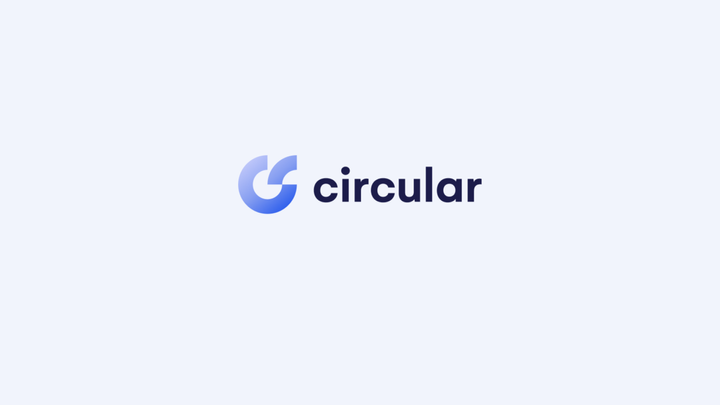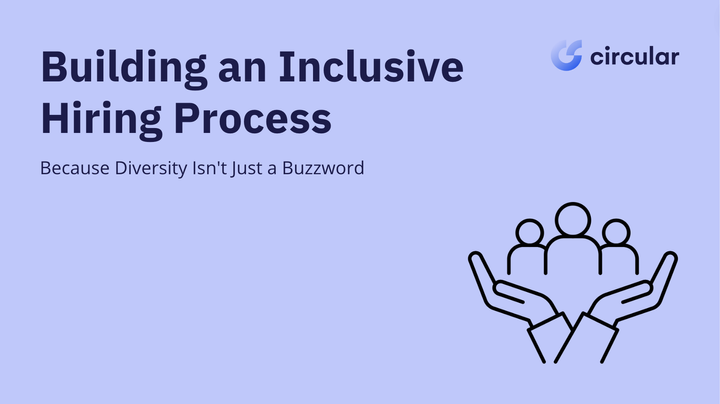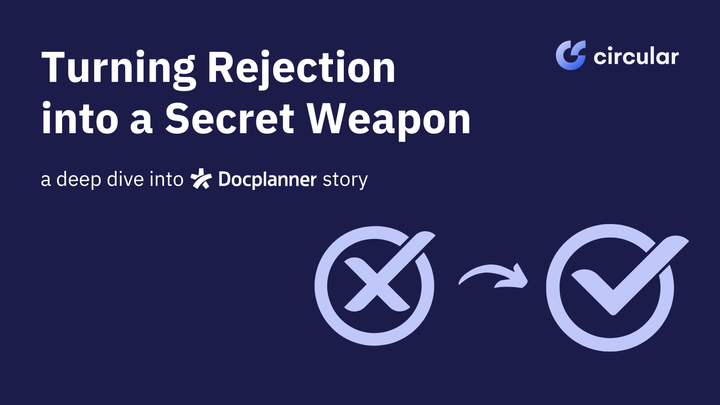5 Tips to Create a Future-Proof Well-Being Program

Companies are facing a lot of changes right now, economic downturn, AI revolution, layoffs - employees have good reason to feel concerned. These concerns are often intertwined with the ongoing pandemic and other global challenges. While these issues may not be solvable overnight, companies can provide a platform for employees to support their teams in meaningful ways and ensure they have the right tools in place to ensure employees feel supported and happy at work.
Recognising this, we at Circular invited ifeel- Humanising Growth to share their expert tips in our recent HR Power Session. The aim was to equip our community with the necessary know-how to support their teams and build future-proof well-being programs. Here are the top 5 tips based on ifeel's valuable insights.

1. Adopt a Data-Driven Approach
Whichever intitaive you decide to implement, make sure to take a data-driven approach in order to measure the outcome. ifeel measures psychosocial risks and employee satisfaction every year. They also conduct talent reviews each quarter to gauge employee satisfaction with the company culture. This regular assessment and metrics-driven approach provide invaluable insights into the effectiveness of your well-being program.
Key Takeaway: Use data to measure the impact and success of your initiatives.
2. Prioritise Employee Engagement and Feedback
Open communication is key to any successful program. ifeel recommends establishing channels where employees can freely provide feedback, this could be in the form of 1:1's, team meetings or a dedicated slack channel. This ensures that your well-being program aligns with the actual needs and wants of your team.
Key Takeaway: Keep the lines of communication open and regularly solicit feedback from your team.
3. Create Tailor-Made Programs
Every company is unique, and so should be its well-being program. ifeel recommends aligning your initiatives with your company culture. For example, if you're a music company, you could center your well-being program around musical activities or events. This customisation ensures that the program resonates with your employees and company culture and is more likely to be successful.
Key Takeaway: Customise your well-being program to align with your company's unique culture and needs.
4. Adopt a Holistic Approach
Well-being isn't just about physical health; it's a multi-faceted concept that includes emotional and mental well-being. ifeel's ambassador program allows employees to contribute to well-being initiatives based on their interests, whether it's painting, music, or other creative pursuits. Not everyone likes physical activity! This holistic approach ensures that all aspects of well-being are covered and the wider team has an input on initiatives, rather than it only coming from the leadership team.
Key Takeaway: Employee-led initiatives can add a unique dimension to your well-being program. Consider all aspects of well-being, from physical to emotional health, when designing your program.
5. Make a Long-Term Commitment
Building a well-being program is not a one-off event but a long-term commitment. ifeel emphasises the importance of embedding these initiatives into the company culture. For this, it is especially important that your well-being program reflects your company setup, for example, if half of your team is remote, make sure to implement a program that considers this and is adaptable for your remote workers.
Key Takeaway: Commit to the long-term success of your well-being program and adapt it as needed.
Additional Tips for Remote Teams
- Involve Remote Employees: Ensure that every action or activity you choose includes options for remote participation.
- Budget for Remote Work: Allocate a portion of your well-being budget to activities that remote employees can participate in. Consider a policy for covering expenses related to remote participation in events or activities.
Conclusion
Creating a future-proof well-being program is a complex but rewarding endeavor. By adopting a data-driven approach, engaging employees, customizing your initiatives, taking a holistic approach, and committing for the long term, you can create a program that not only benefits your employees but also contributes to the success of your company.
For more insights and specialized services, consider reaching out to iFeel, who are experts in crafting well-being programs that make a difference.




